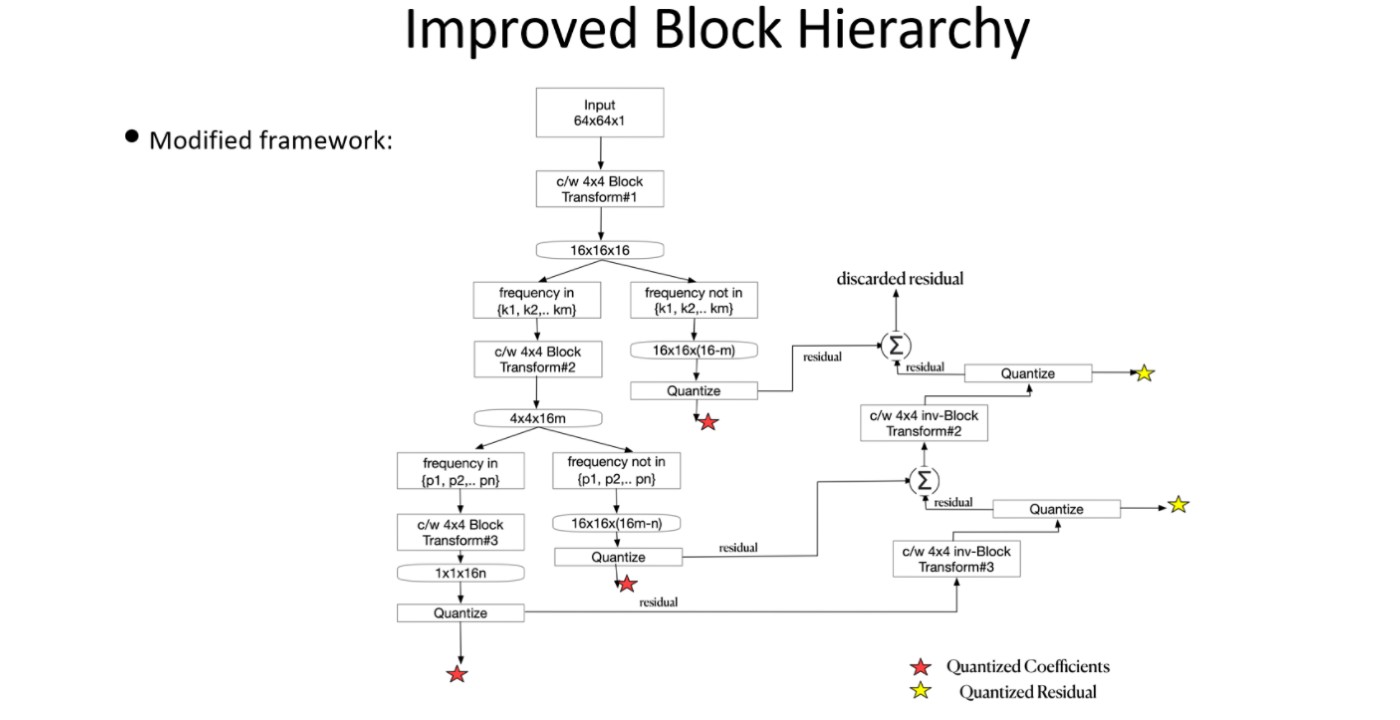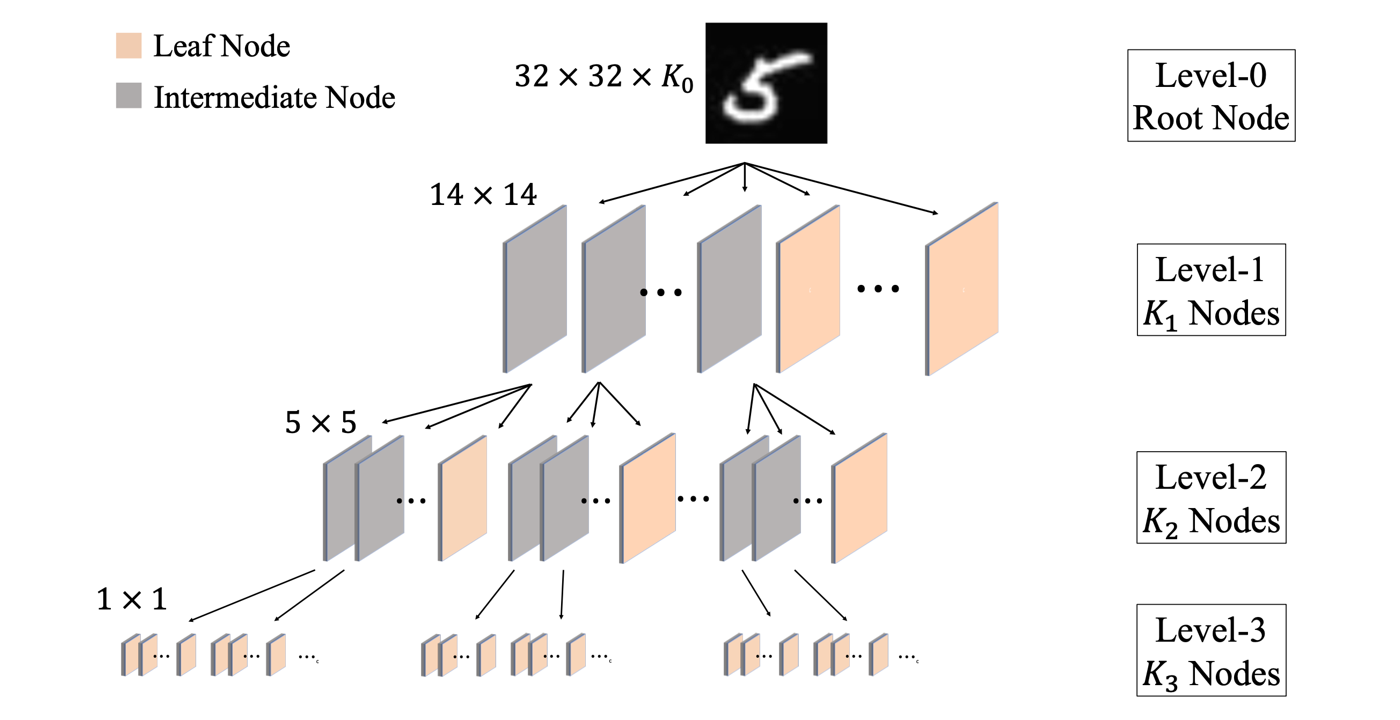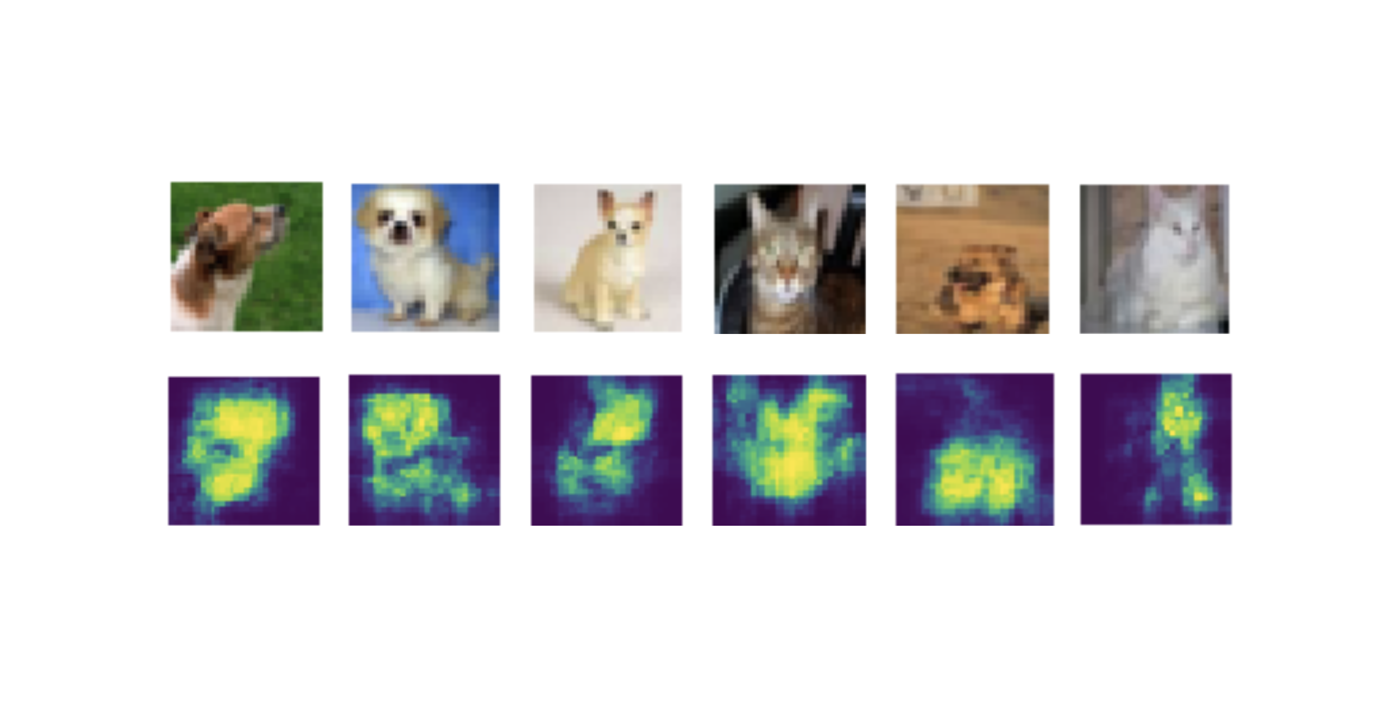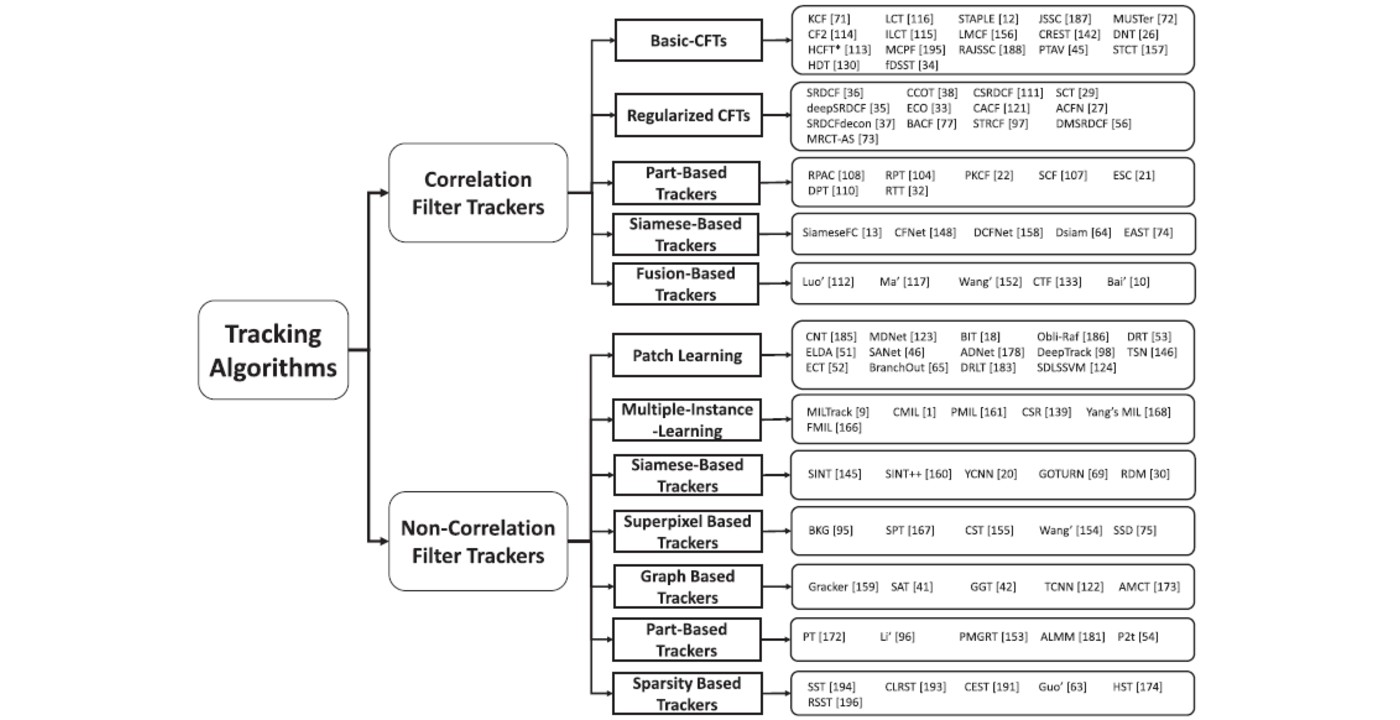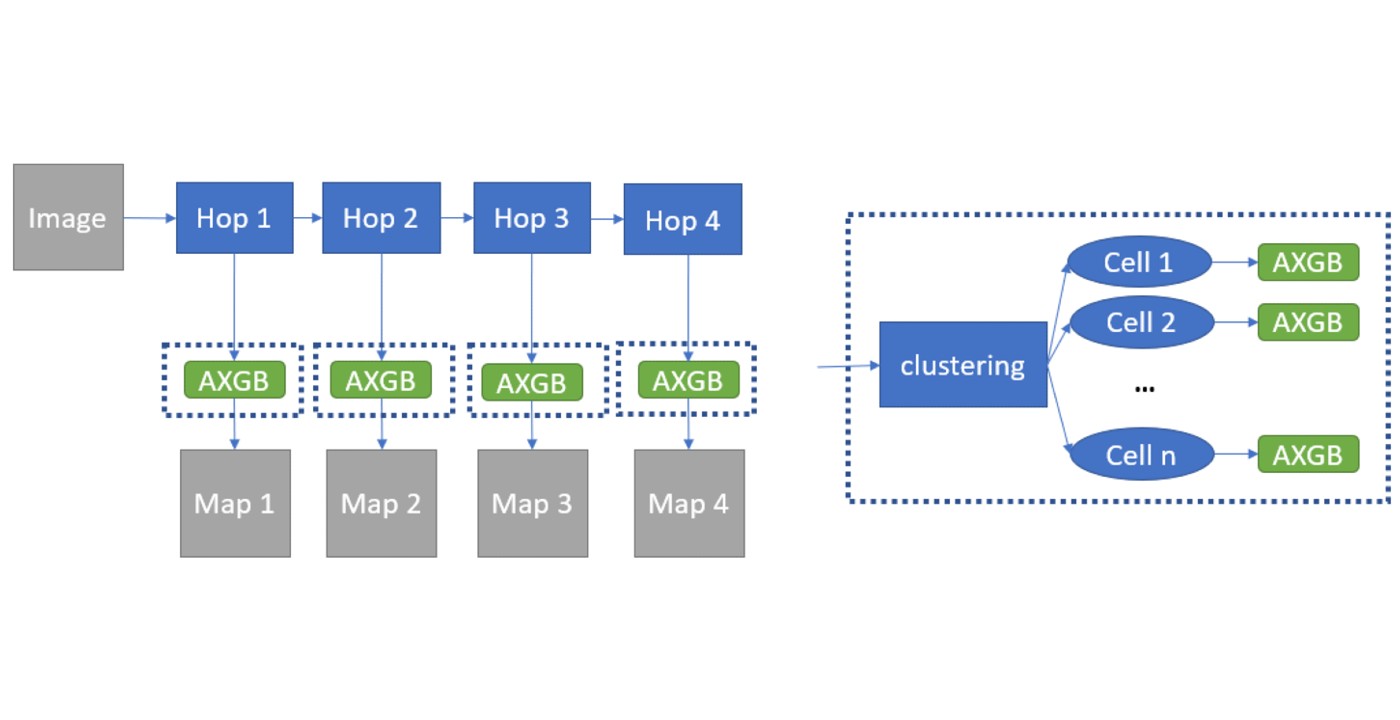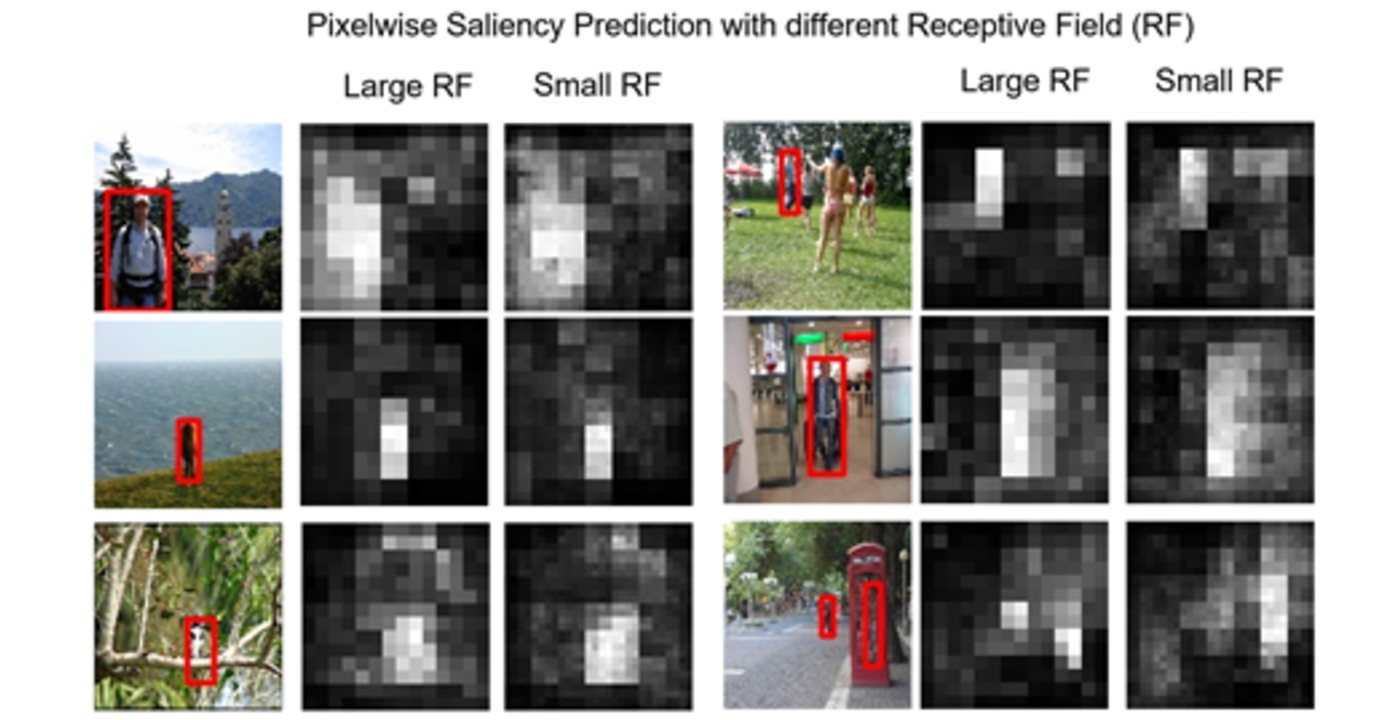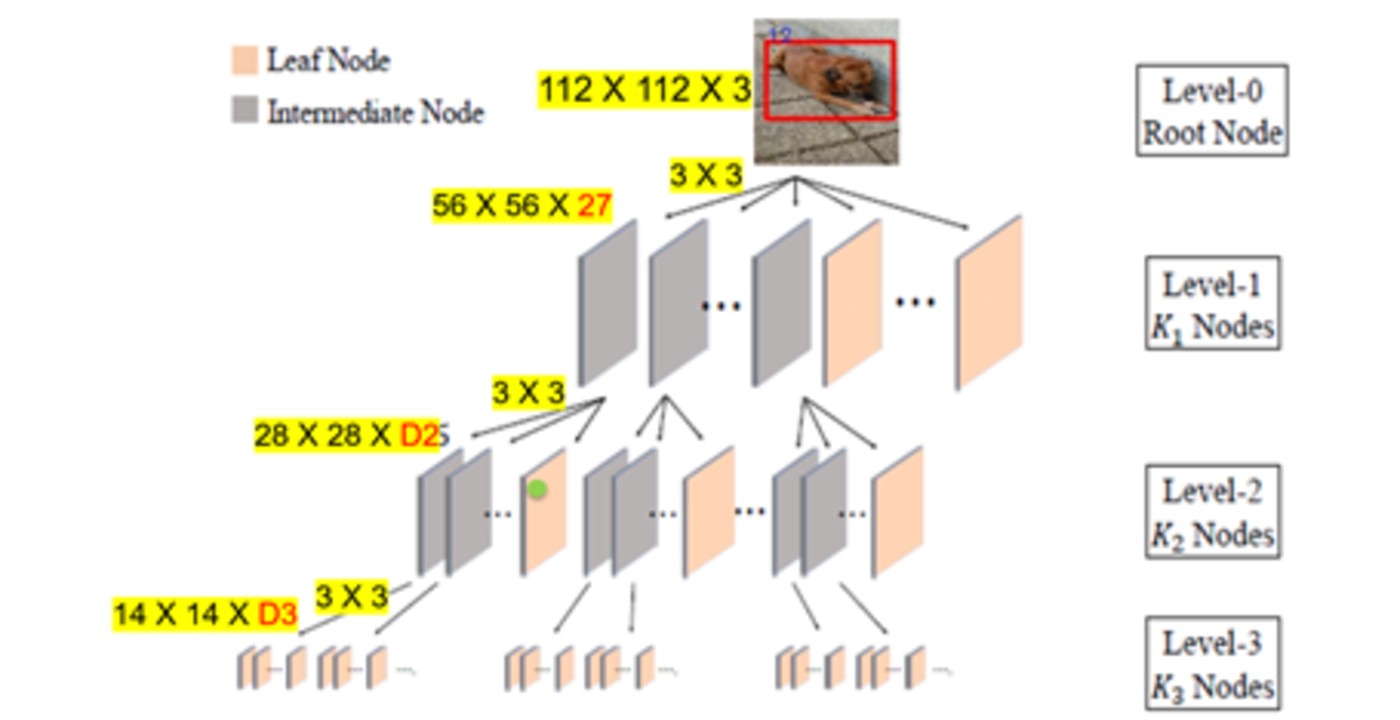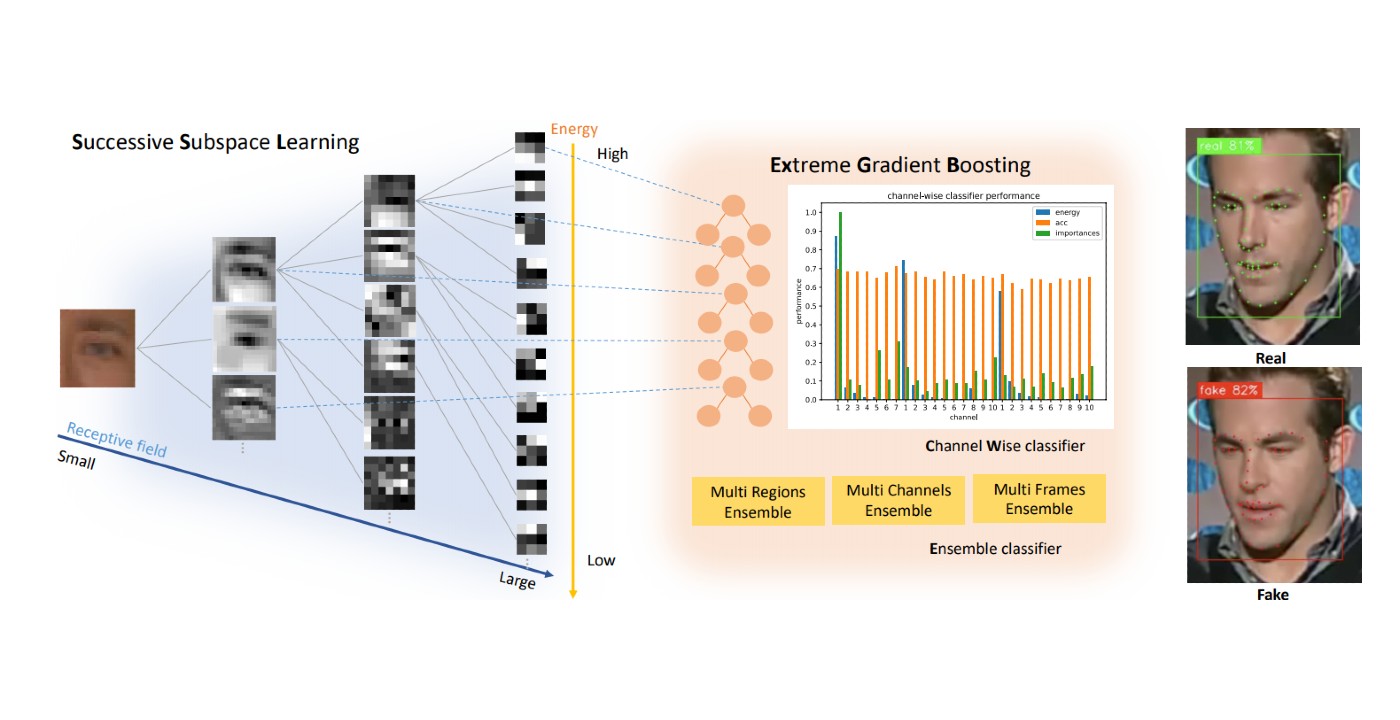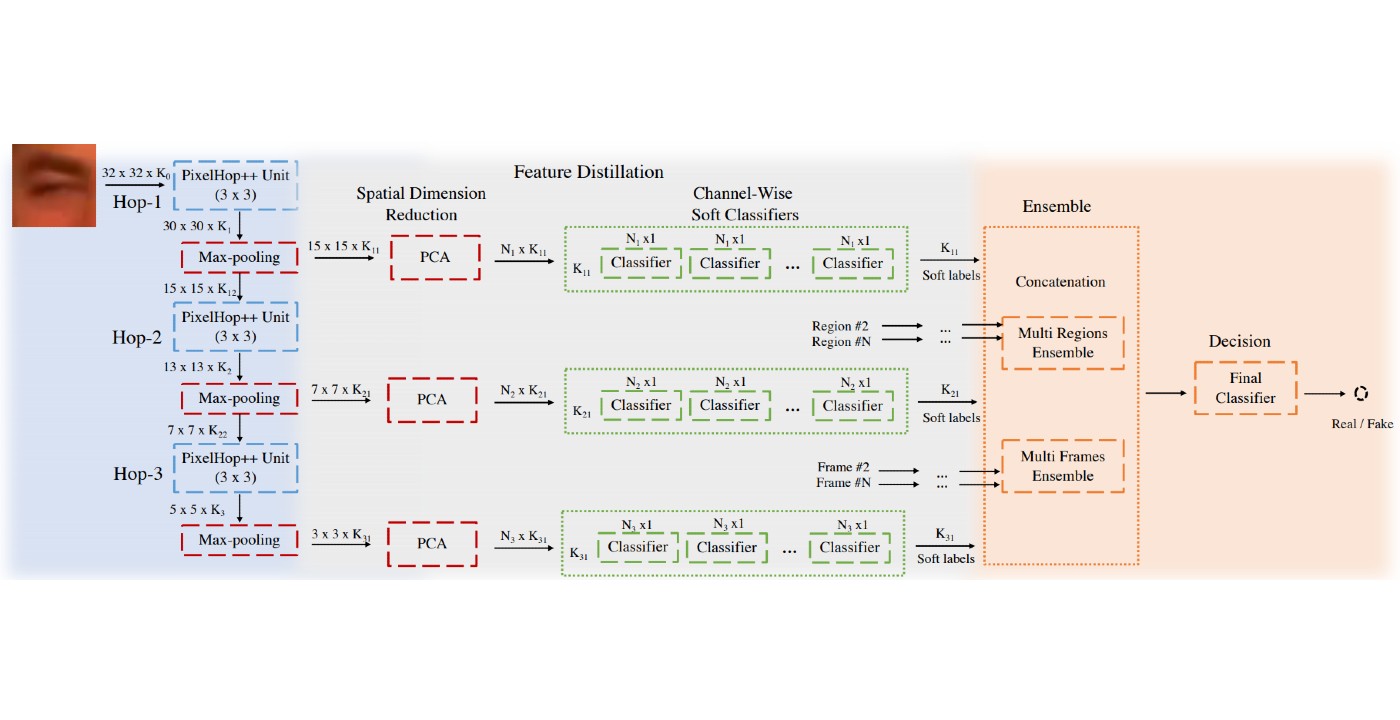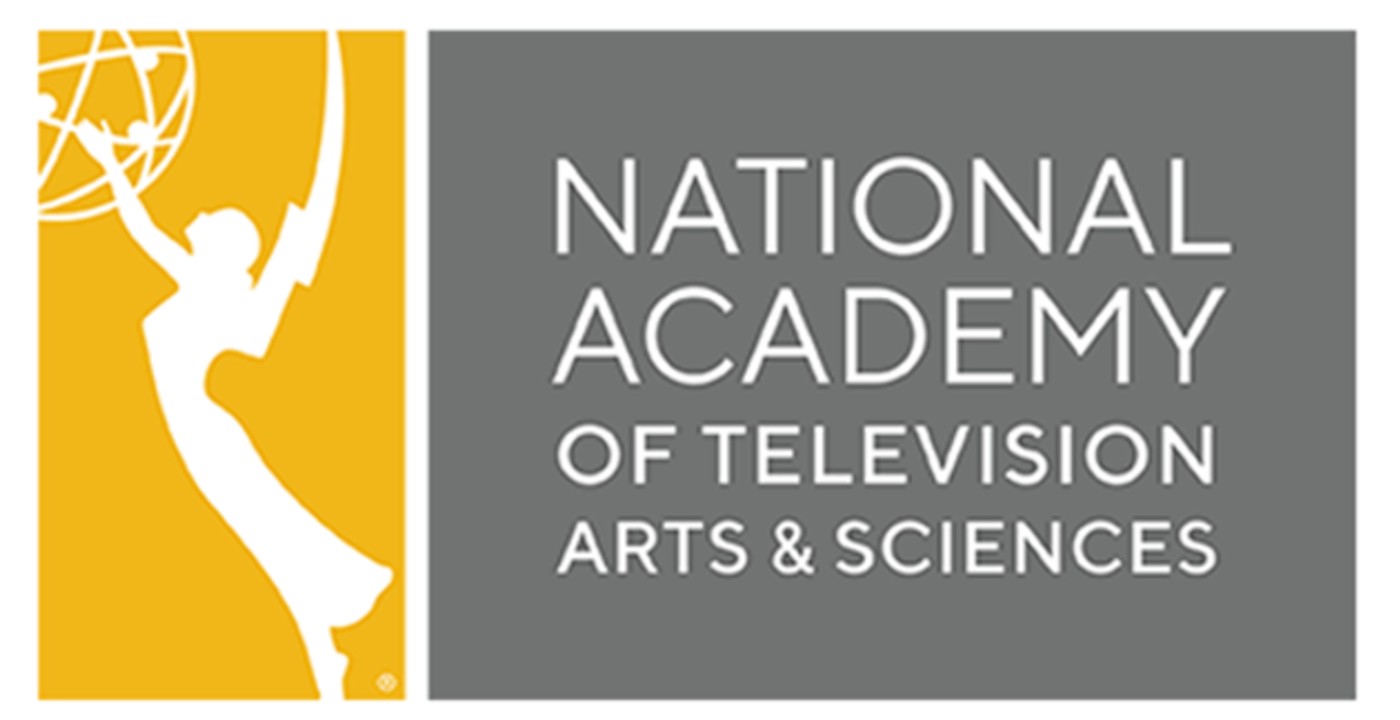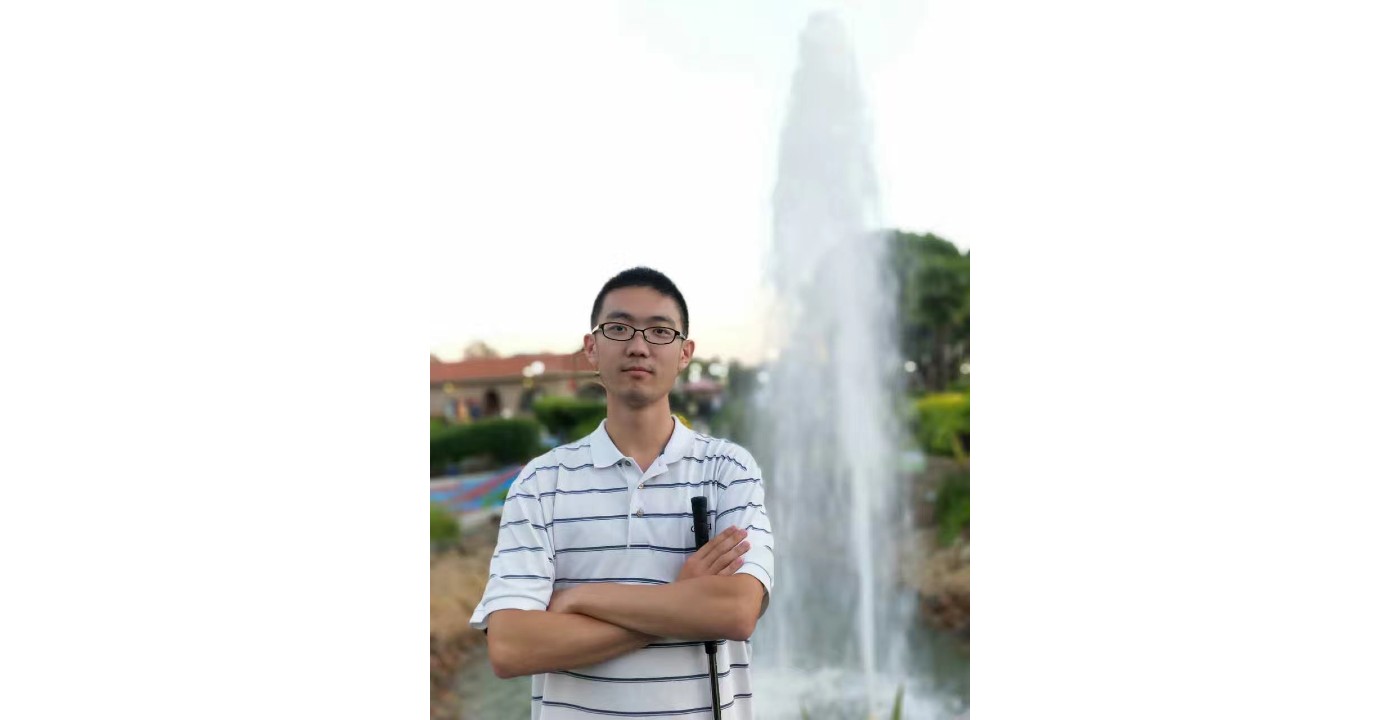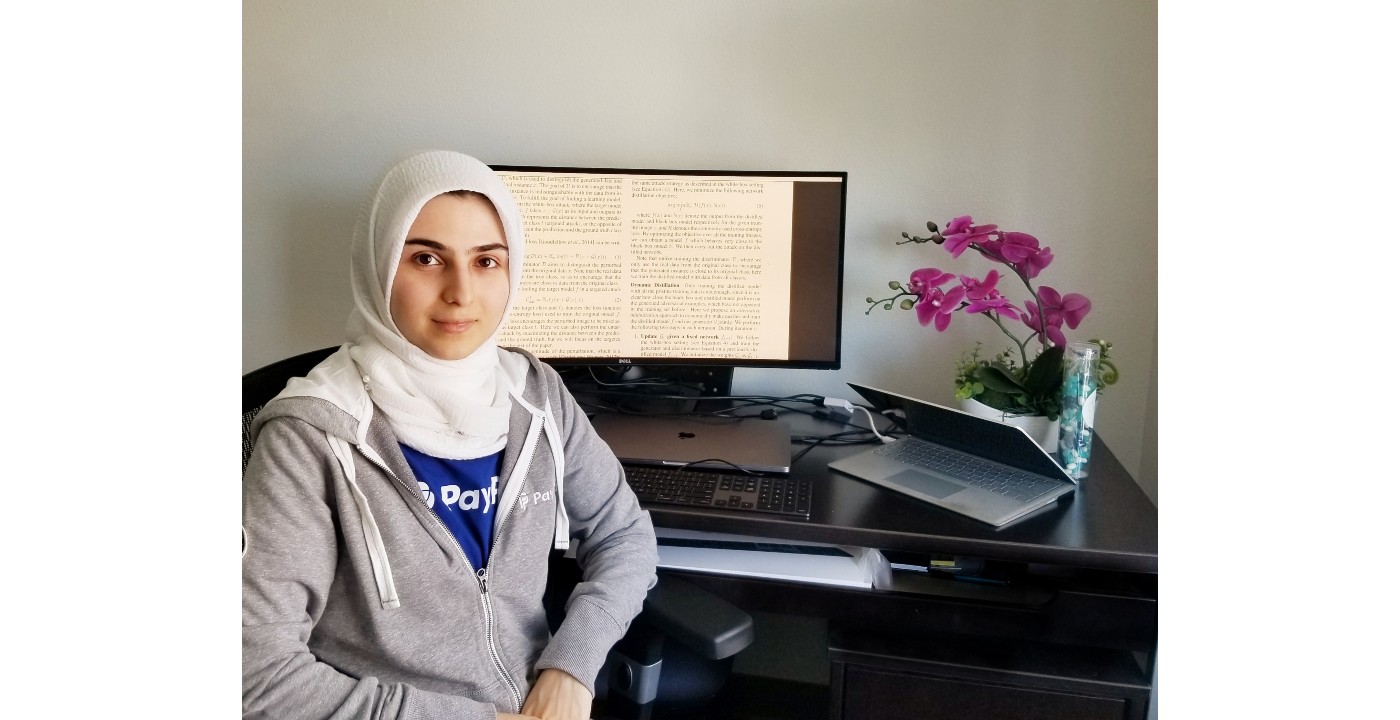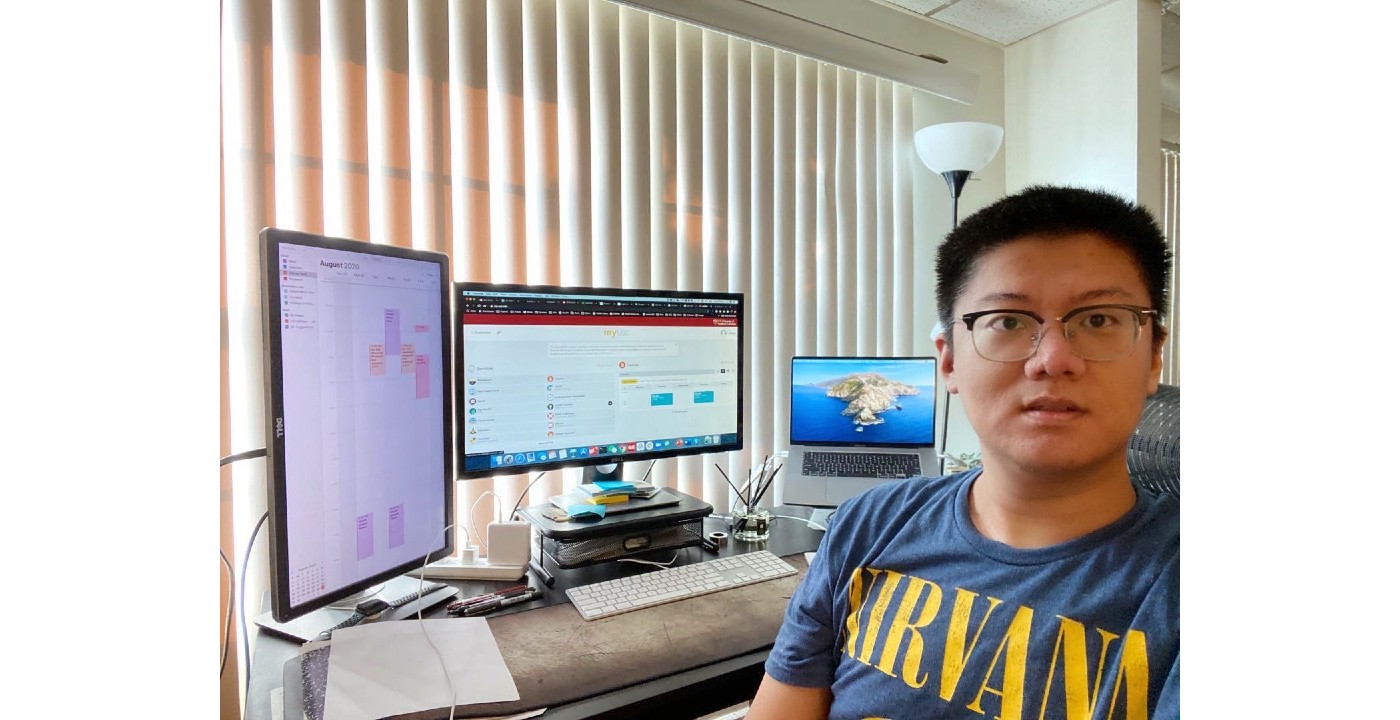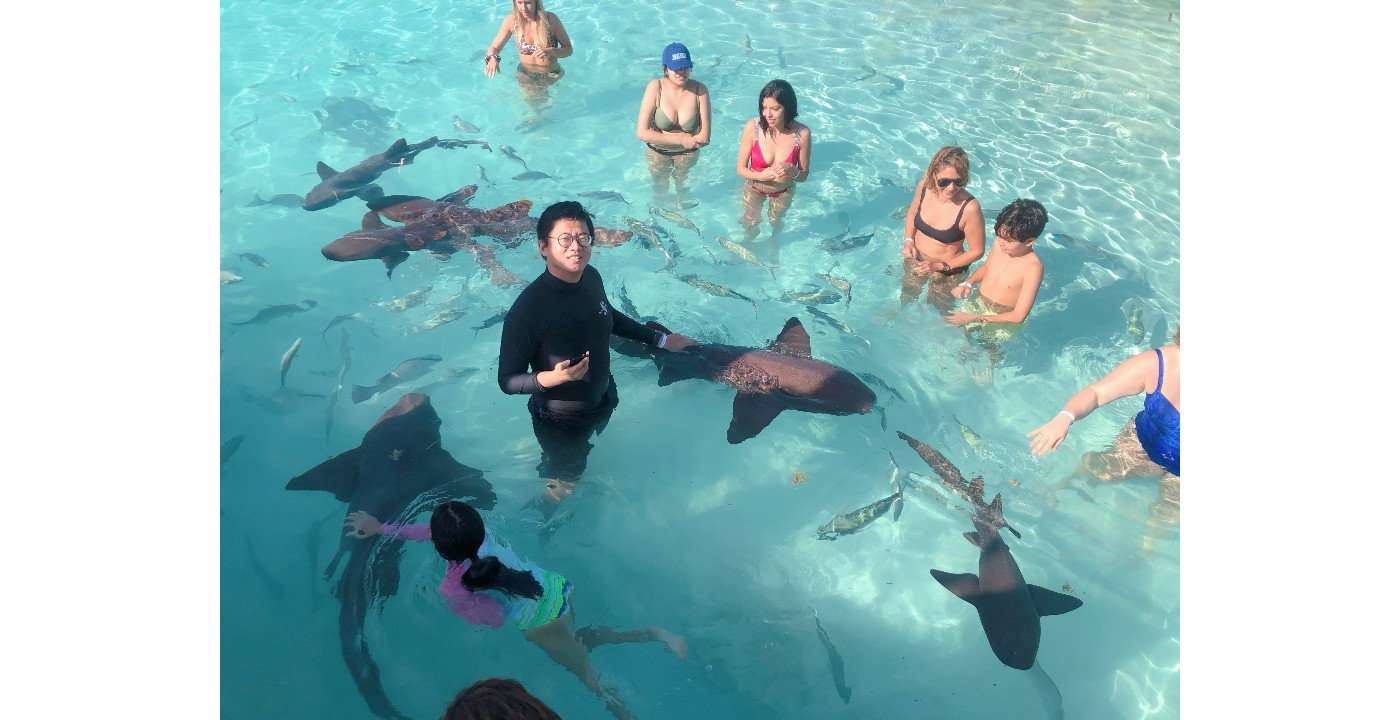MCL Research on Next Generation Video Coding
With the development of camera and sensor technologies, high-resolution images and videos have become ubiquitous in daily life. Demands on fast transmission and efficiency store high-quality images and videos increase dramatically. Problem on how to transmit and store media data efficiently have been widely discussed. Online high-resolution video meeting/live broadcasting also raise the pressure on fast encoding and decoding under the limitation of current bandwidth.
Numerous codecs have been developed during the past 20 years including the well know H.264, MPEG-4 and the latest H.265/HEVC which are widely used in our daily life. H26x and MPEG-x standards are well supported in both software and hardware. There are many encoder and decoder chipsets available commercially (for example chips from System on Chip Technologies Inc.) which can speed up the process and be configured based on user specifications. While the royal free codecs like AV1, it has higher complexity and not widely supported by the hardware chips which hinder it’s being widely used.
Previous frameworks used one layer transformation to perform the energy compaction task. We propose to use the multi-hop transform to perform this task which is supposed to have better energy compaction result. Presently, we focus on image compression (intra coding in video compression) to increase the performance while lower the complexity. In this project, we are trying to develop some low-complexity compression tools which can achieve comparable performance against the current standard.

